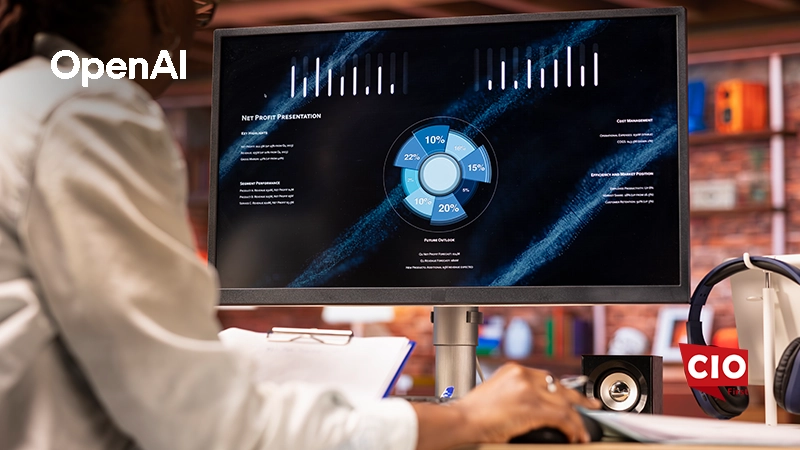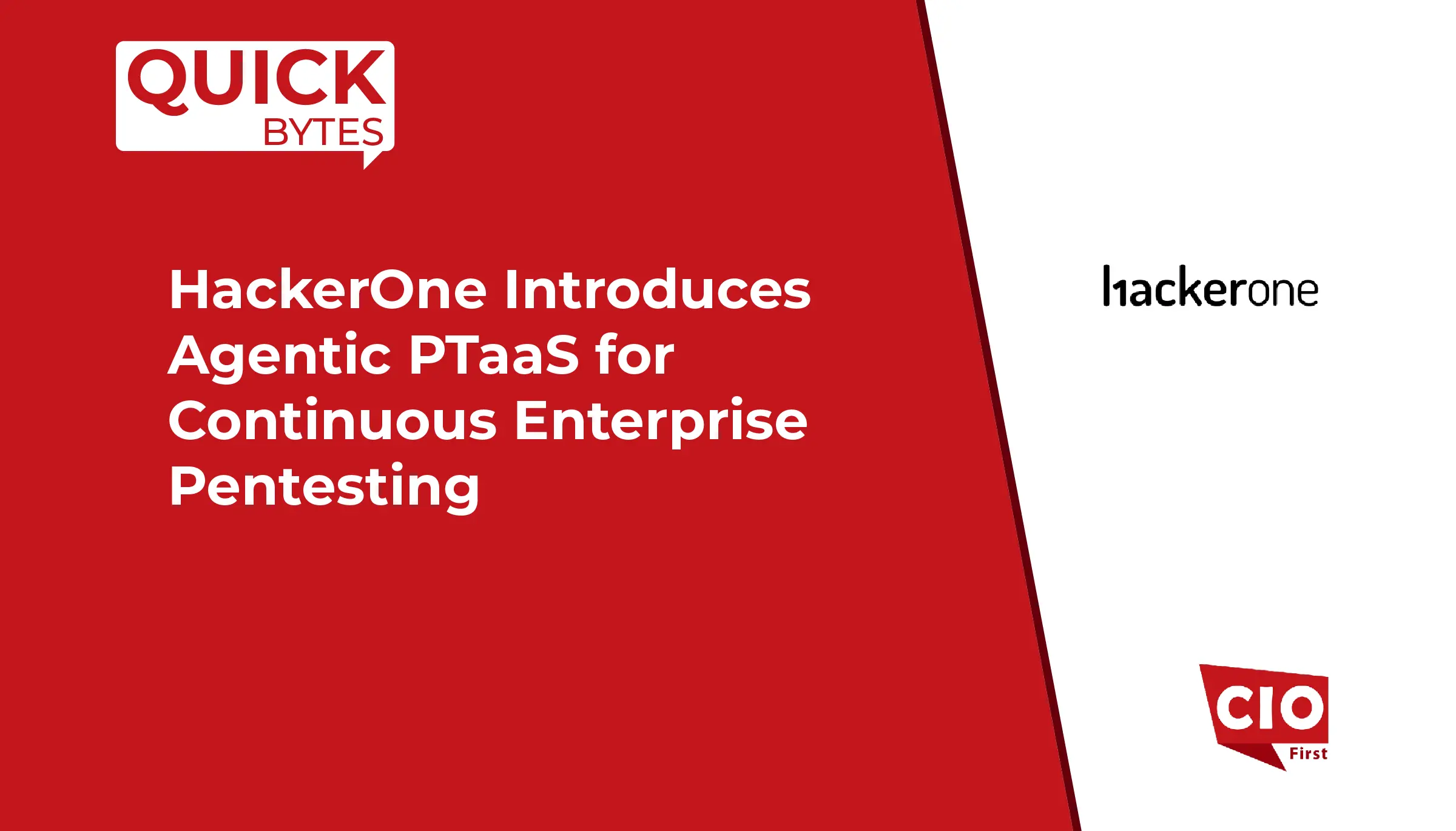Telnyx, the full-stack communications platform for AI-powered voice, messaging, and automation, announced the beta release of its Local Model Context Protocol (MCP) Server. This new tool gives developers the ability to run Telnyx’s powerful API suite directly on their machines, enabling secure, low-latency access to telephony and AI capabilities without relying on cloud infrastructure.
With full compatibility for leading MCP clients such as Claude Desktop and Cursor, the Local MCP Server allows developers to create, test, and manage voice calls, SMS messages, phone numbers, and AI assistants all from a local environment.
“This release is all about putting power and flexibility into the hands of developers,” said David Casem, CEO of Telnyx. “Whether you’re building AI agents or prototyping telecom features, running locally gives you more control, faster iteration, and tighter integrations.”
Also Read: SoundHound AI Named a Market Leader for AIOps by ISG Research
The Telnyx Local MCP Server supports:
- AI assistant management – Create, configure, and deploy AI assistants with natural language capabilities.
- Call Control – Make calls, play audio, use text-to-speech, and manage transfers.
- Messaging – Send SMS and MMS, retrieve message history.
- Phone Number management – Search, purchase, and configure phone numbers.
- Connection management – List and configure voice connections.
This local-first approach empowers developers working in secure, latency-sensitive, or sandboxed environments to build production-grade voice and messaging features without needing to expose data to the cloud. It also enables advanced prototyping with local LLMs and tooling through familiar interfaces like Claude Desktop.
The Telnyx Local MCP Server is available now in open beta. Developers can clone the repository, configure their environment, and start building in minutes. Telnyx is actively inviting the developer community to test the server, provide feedback, and help shape future improvements.
Source: GlobeNewswire

























